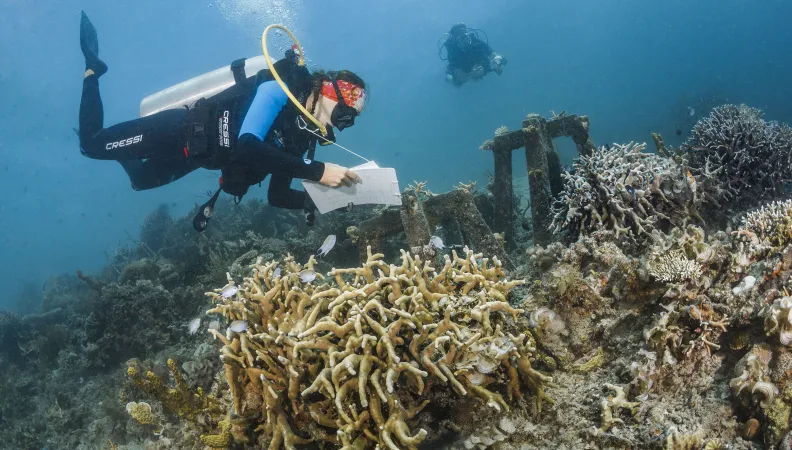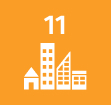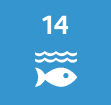Share the page
Restore coral reef biodiversity in the Shark fin Bay
Project


-
Project start date
-
Status
Completed
-
Estimated date of project termination
-
-
Project financing date
-
-
Financing duration
-
3,5 years
-
Type of program
-
FFEM
-
Global financing amount
-
€ 1 757 800
-
FFEM financing amount
-
€ 527 000
-
Location
-
Shark Fin Bay, Palawan Island
-
Type of financing
-
Partners
-
Prince Albert II of Monaco Foundation
-
Beneficiaries
-
Sulubaaï Environmental Foundation INC
-
Type of beneficiary
-
NGO, Foundation



Situated in the Philippines, Palawan is regarded as the most important among the top ten coral reef biodiversity hotspots in the world, being both the richest and the most threatened site on the planet. In order to restore Shark Fin Bay’s reefs and rebuild its fish stocks, the FFEM – the French Facility for Global Environment – is supporting the innovative actions being taken by the Sulubaaï Environmental Foundation.
Context
In the Philippines, slash-and-burn agriculture, over-fishing, and some fishing methods are destroying reefs and preventing the natural restoration of habitats. The resulting drastic decline in fish stocks is threatening food security.
To restore the reefs, the FFEM is supporting the privately-run Sulubaaï Environmental Foundation (SEF). After acquiring and restoring the terrestrial environment of Pagatalan island, the SEF has established a protected marine area in Shark Fin Bay in which it is implementing an innovative local restoration technique: Sulu-Reef prostheses. These provide very effective support for natural recolonisation, enabling the natural propagation of corals and creation of new habitats. The SEF is associating these restoration activities with community-based environmental conservation actions, education and knowledge-sharing.
Description
The project has four components:
- Leading local populations towards sustainable fishing practices through the creation and management of three protected community marine areas.
- Restoring biodiversity and resources by promoting alternatives to destructive fishing practices.
- Strengthening education and training activities at the Sulubaaï Foundation Sea Academy, aimed at a variety of audiences.
- Encouraging the capitalising on and transfer of experience at national and international scale.
.
Impacts
- Restoration of the abundance and diversity of reef resources in at least four sites in the bay
- Elimination of non-sustainable fishing practices
- Improving the socio-economic benefits to local communities through better fish yields
Innovative and exemplary features
Through this public-private partnership project, the SEF is linking ecosystem protection and local development. The exemplary nature of the Pangatalan island project led to its being awarded the first “SMILO Sustainable Small Island” accreditation in 2018.
Shark Fin Bay is designed as an innovation laboratory as much technically (scientific monitoring systems, restoration methods) and methodologically (participative implementation by local communities). Rigorous scientific monitoring, involving Filipino and French universities and research centres, facilitates both capitalising upon experience, and replicability on other sites in the Philippines and elsewhere in Asia.
Evaluation overview of the Shark Fin Bay project
Sustainable Development Goals
ODD11 Sustainable cities and communities

ODD13 Climate action

ODD14 Life below water



